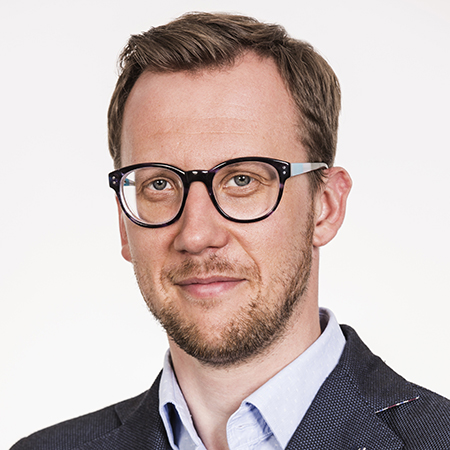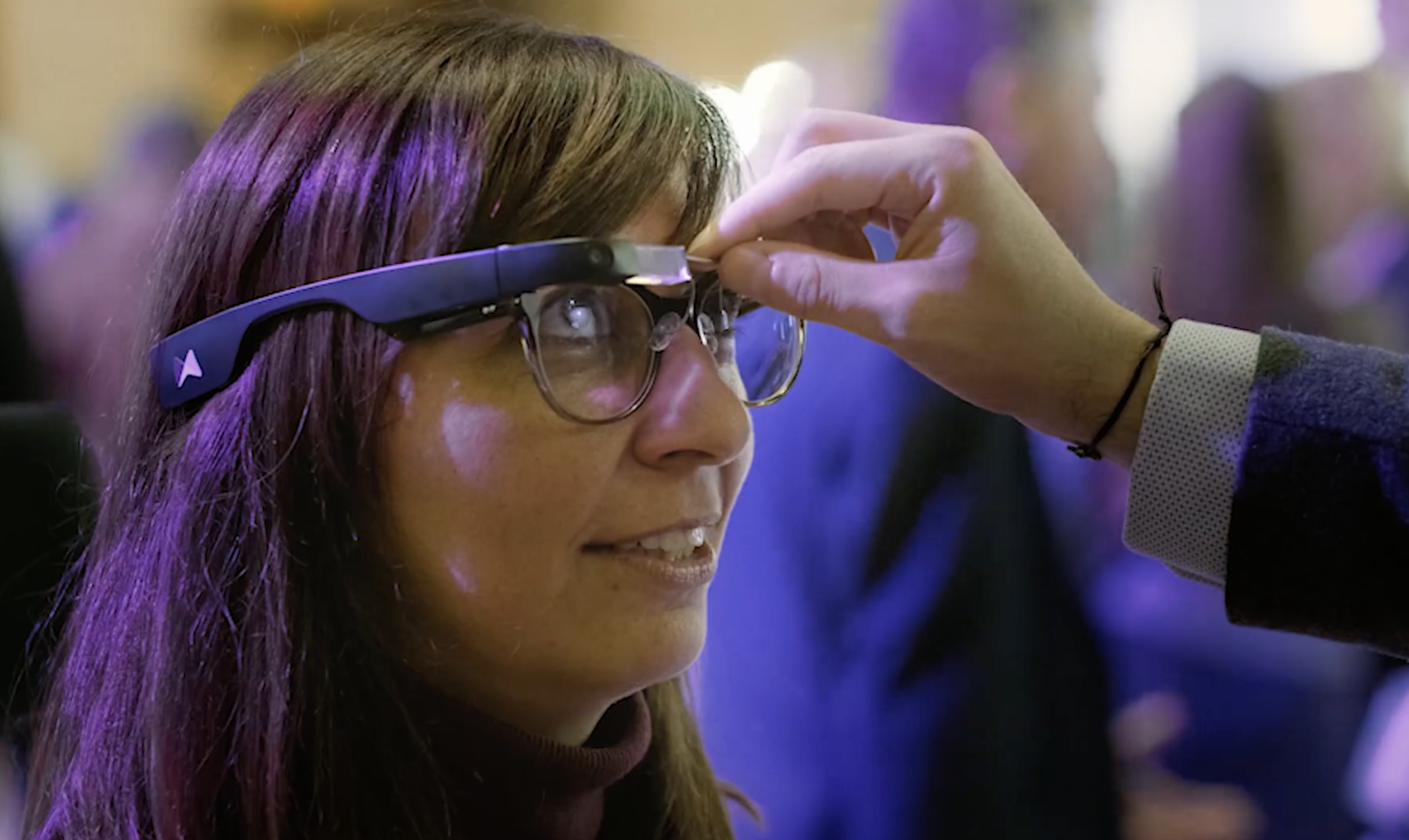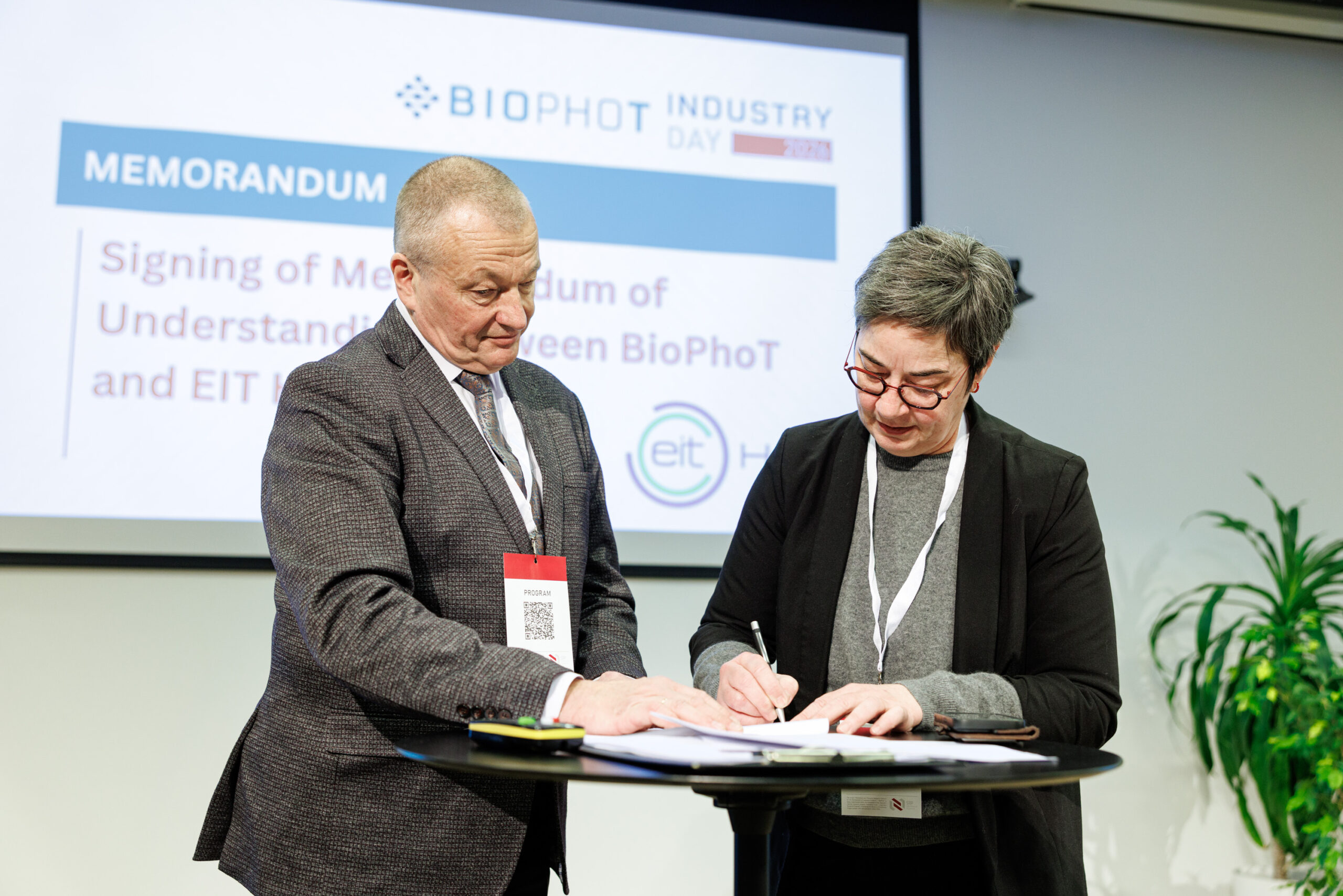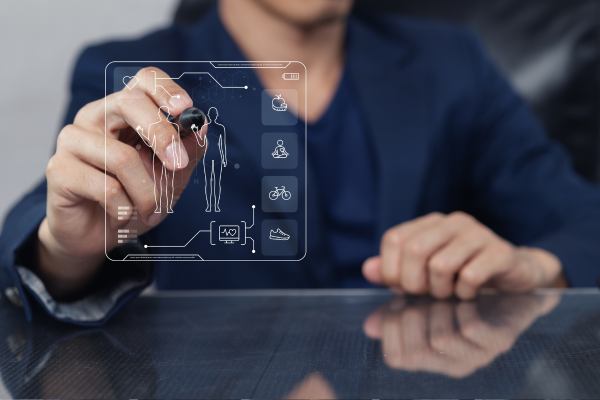24th February 2020
Mikolaj Gurdala, InnoStars Manager in the interview for Business Insider Poland about healthcare innovations development in CEE
Interview was published in January 2020, in Business Insider Poland and was conducted during the 2019 EIT Health Summit in Paris.

Is innovation in the Polish blood?
As a society, we have an extraordinary ability to adapt to new conditions and we can be innovative. Poles are great when it comes to searching for opportunities in, sometimes, extreme conditions. We are fantastic innovators but we occasionally lack the ability to cooperate. Sometimes, instead of thinking about effective ecosystems or platforms, we focus on our individual aspirations and therefore neglect cooperation. When you do things together, you act faster, more efficiently and effectively.
When compared to other start-ups, what is the situation of Polish start-ups in the European Union?
More and more young companies from Poland apply for the support offered by EIT Health. This year (2019), we received several dozens of such submissions, whereas four years ago there were only a few of them. The competitive advantages of these start‑ups are becoming more and more evident each year. The ideas keep getting better. They respond to real problems, which stem from the needs of patients or doctors. The quality of business plans is also high. These are not just solely technological solutions, but real applications for patients. UVera might be a perfect example, which is a start-up from Lodz, that creates natural and safe UV protection solutions. It does not pollute water inhabited by animals but also used by people for bathing. This is this real need, a benefit and also a business problem that can be solved.
The good development of ideas is also evidenced by the understanding of the medical industry—one of the most complicated industries in the world, an area of great regulatory risk. Drug products often require several years of work and millions of euro of investment, which does not guarantee that the medicine will be approved. Even if this happens, we do not know whether potential patients will be able to use it. Polish start-ups are getting better and better, they know the market and learn really fast. They also know it is not enough to follow certain patterns—they have to look for market niches where they can be competitive and innovative.
What are the biggest achievements of EIT Health-related start-ups so far?
A FindAir product allows you to measure your breath and it is aimed at people suffering from lung diseases. The company is currently conducting some serious investments and has just won two large foreign investors. We are helping them to gain more visibility. We also support a company called SensDx, which introduced a simple influenza virus test. You just take a smear from your throat and put it on a chip. The application will tell you whether you need to go to the doctor and take antibiotics urgently or if you can still wait. The company still invests heavily today, and has received many subsidies from the National Centre for Research and Development and, in addition to its medical applications, SensDx is entering the food and veterinary market. We see that start-ups which cooperate with us focus mainly on the issue of raising funds from investors, but they are also constantly looking for new directions and niches. It’s a huge success. The launch of SensoriumLab is another interesting project. The company created a device to monitor pleural effusion, which occurs in the case of cardiac respiratory or oncological diseases. Using the device, we can quickly monitor the size of the effusion at home and communicate directly with our doctor at the same time. The successes I’m talking about have several dimensions. The first one focuses purely on business—innovations lead to increased company value and stimulate investor interest. The second dimension is where start-ups facing specialised problems begin to penetrate market niches and support patients’ health management. In the case of the third dimension, however, start-ups and ideas unleash the potential that exists in Central and Southern Europe. This is one of the seven areas in which EIT Health operates.
Every successful idea, a start-up and innovation is an inspiration for other entrepreneurs. The successes of young companies show that it is worth trying, developing new solutions and „attacking” problems which, in some cases, in terms of healthcare, have not been solved for years. The amount of talent and the number of innovators in Poland and Central, Eastern and Southern Europe is an encouraging sign. One could say that when it comes to medical innovation, it is a real “gold mine”. And finally, and most importantly, at the end of every innovation and idea is a patient. A person. Their health and comfort. The projects supported by EIT Health contribute to human well-being.
Will doctors be soon replaced by computers and applications?
I don’t think so. Recently in Israel, I have seen what I would call a symbiosis between man and computer. In the area where we see the greatest development in this field, e.g. in radiology, this process occurs at the same time. The number of medical personnel, doctors, and diagnosticians is decreasing, whereas our needs are increasing. Professionals will need to understand that they need machines that can conduct simple analyses to support them in their daily work. Technology can be a great addition when it comes to checking the mistakes that could be made by a person, e.g. the ones resulting from fatigue during long hours of work. Such mistakes happen and can be very costly. It is also important to save doctors’ time and to make patients feel better and allow them to be diagnosed more quickly and efficiently. A quick diagnosis means an appropriate therapy or, in some cases, a better chance of survival. Through its operations, EIT Health wants to show that patients are the most important and they should be given a chance to decide whether a doctor or technology should decide how their diagnosis will be carried out. Involving patients in this process will be one of the most crucial elements of healthcare development.
What do you have to do to be an effective start-up if you wish to fight for a subsidy?
Think about what’s here and now. Don’t wait. Find partners, project and just act. The market for medical innovation is extremely dynamic: almost every week we hear about new discoveries, devices, medicines. Feel free to get in touch with EIT Health. Our partners always receive the best support. With our support at the planning stage, many of them are well prepared for the later stages of their operations when they are struggling with new investors or market challenges. We teach to plan, predict risks and prepare answers to the most surprising questions. A good, innovative product or service and a reliable team are crucial, obviously. At EIT Health, we work with our innovators from the very beginning. Even if a company only comes up with an idea, we try to look for experts who can help it refine its product. We work with our partners on a regular basis. We are close, we monitor the progress. We select the best innovators and ideas, great teams and well-chosen partners. It works. Such start-ups can later deal with any situation.
When Ideas Meet Ambition - How Impact Happens at EIT Health

How Impact Happens at EIT Health
EIT Health and BioPhoT Sign Memorandum of Understanding to Strengthen Health Innovation Collaboration

Strengthening health and life-science innovation in Latvia
